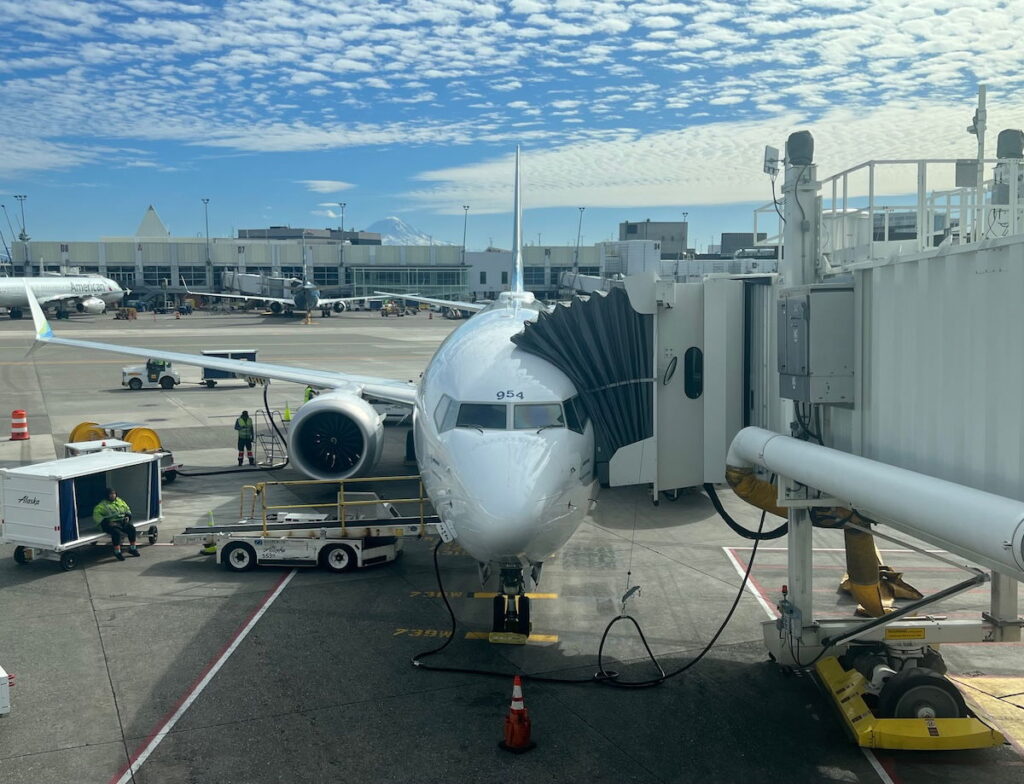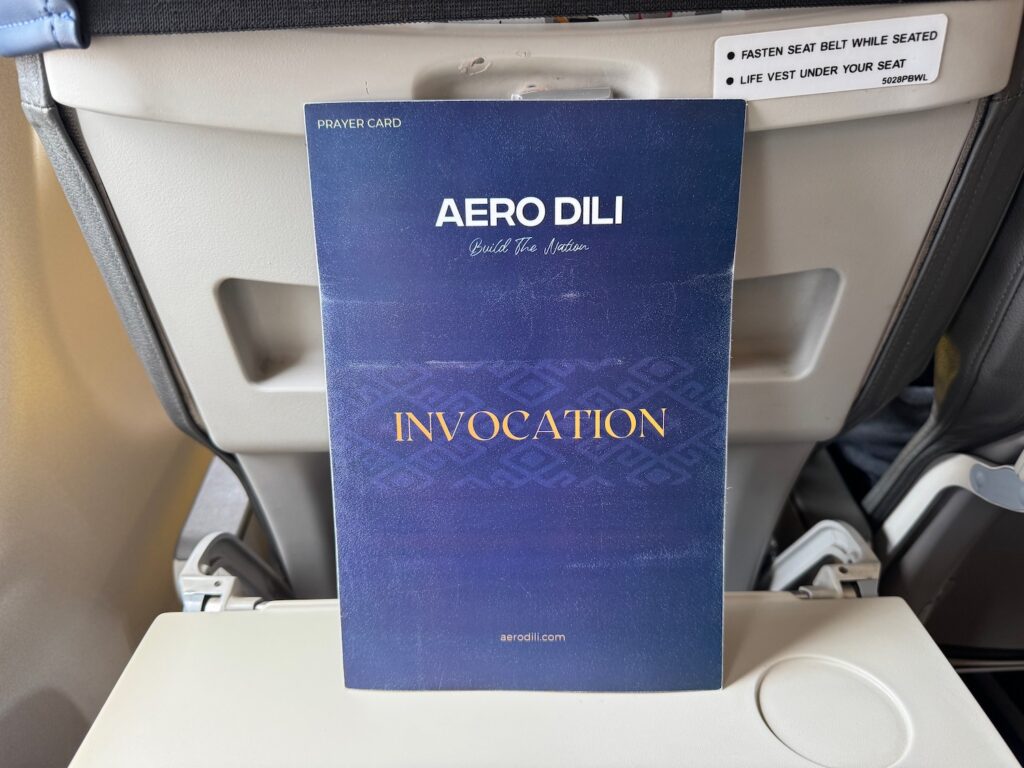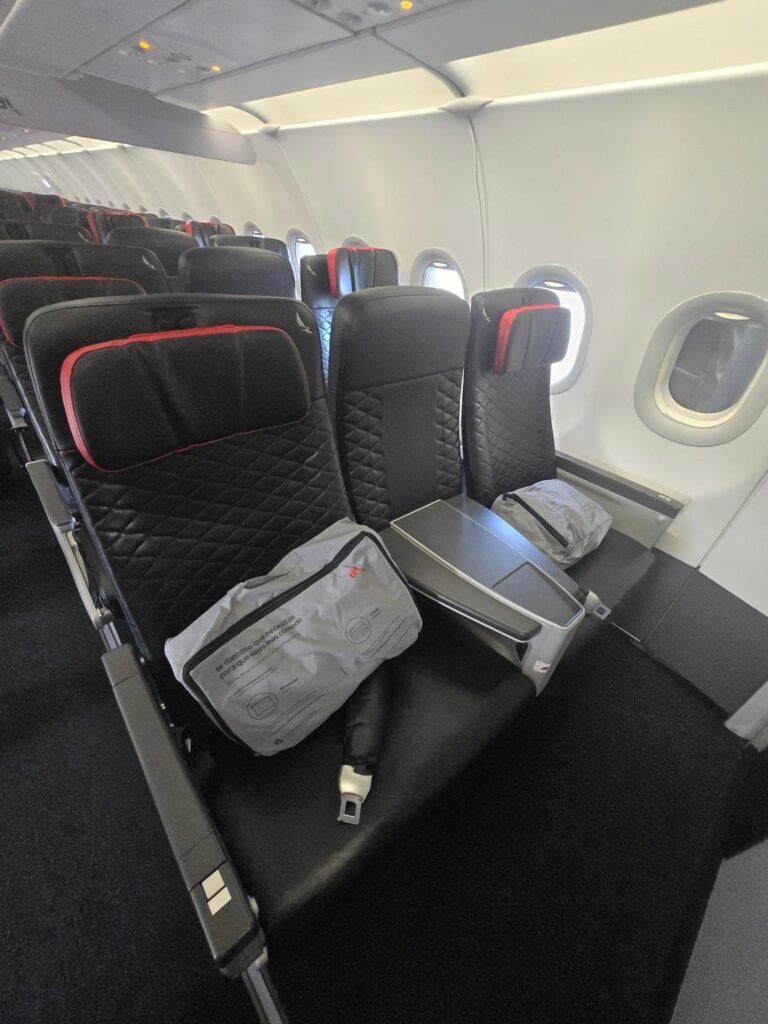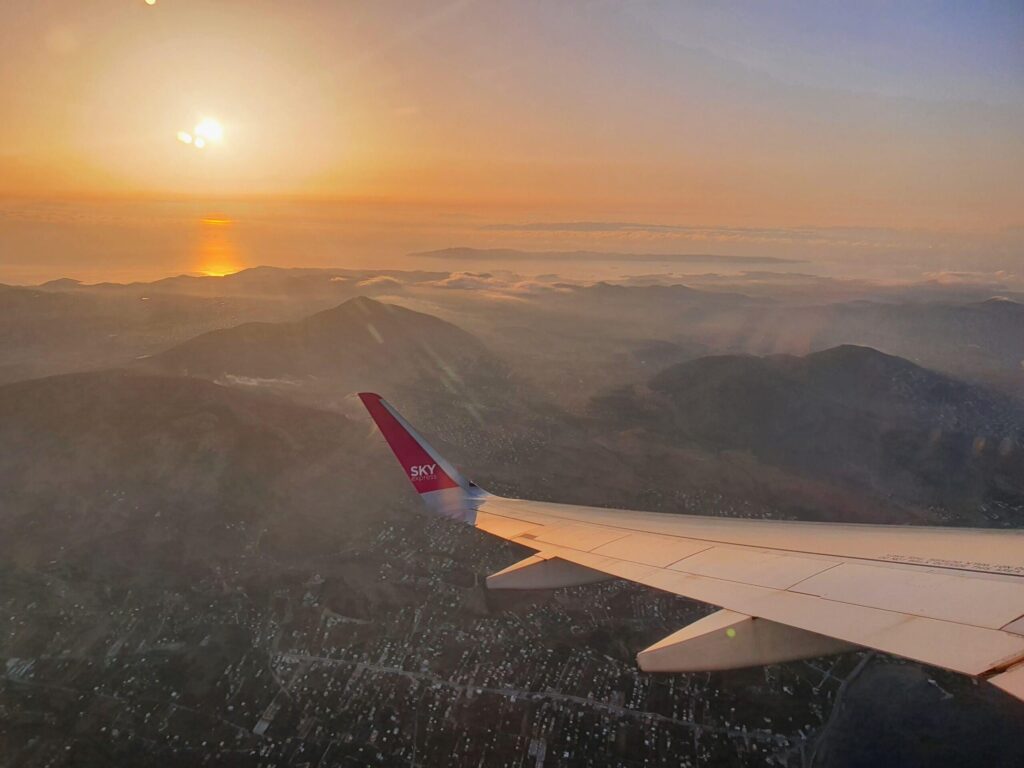
5 Ways to Beat Obon 2025 Blackouts with Rural Ryokan Awards
Summer in Japan always feels electric during Obon, observed in mid-August to honor ancestors. In 2025, the holiday lands on August 13–15, which means intense crowds and high demand for flights and hotels in cities like Tokyo and Osaka. I’ve seen travelers scramble for tickets and accommodations, only to discover blackouts or skyrocketing prices. With some foresight and creative planning, it’s still possible to secure award flights and enjoy an unforgettable trip without getting caught in the holiday frenzy.
Understand the Mid-August Rush
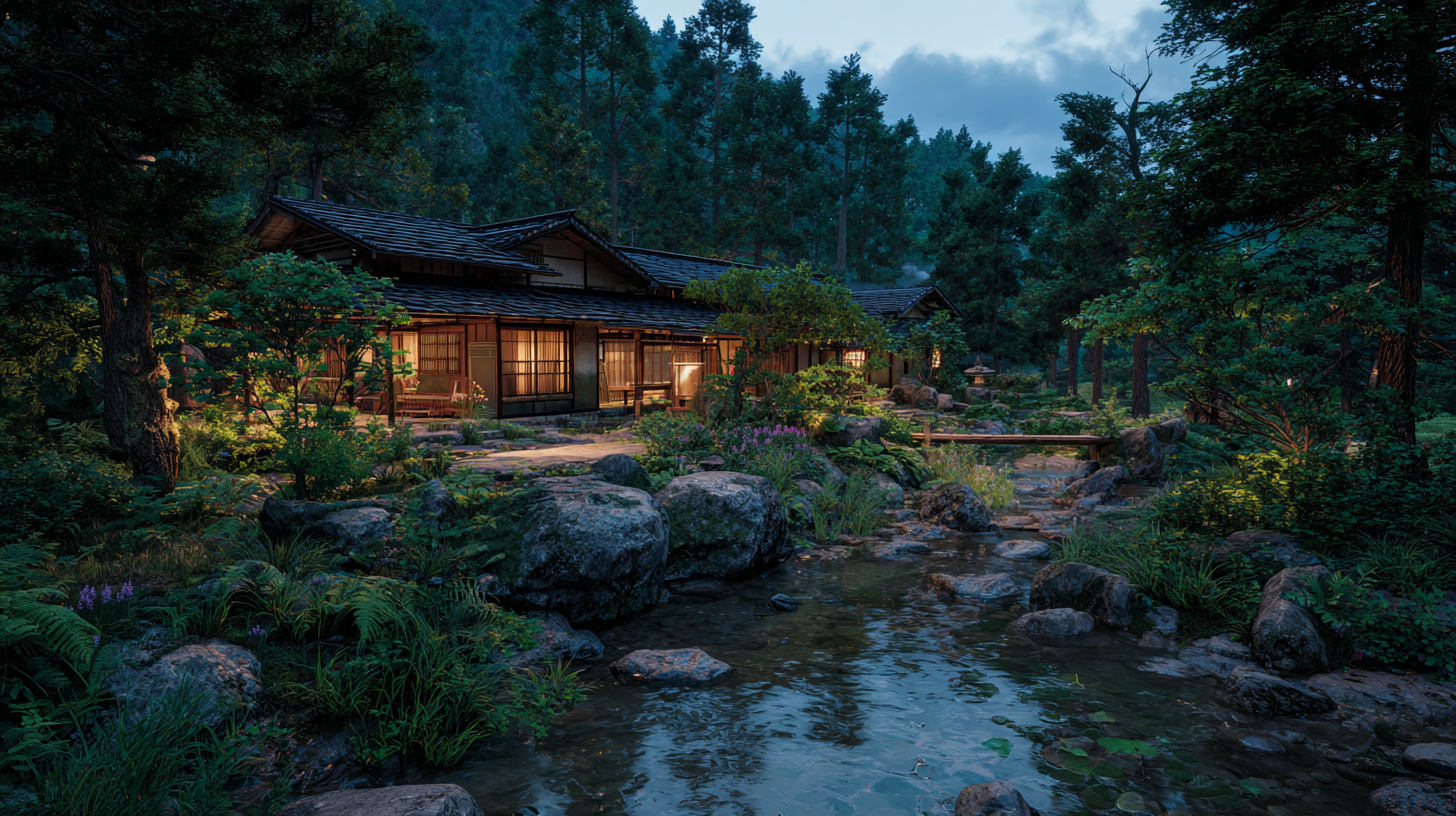
I’ve noticed that local families and international visitors all converge during Obon, creating a massive movement of people throughout Japan. Even though it’s not an official government holiday, many offices and businesses shut down, so families can travel home to honor their ancestors. According to industry data, domestic Japanese travel spikes by nearly 40% in mid-August, meaning roads and public transportation can be jam-packed.
In my own planning, I often advise setting alerts and booking airfare months ahead of time. During Obon, airlines implement blackout dates to manage overwhelming demand, and some frequent flyer programs restrict partner award seats. If you’re not quick on the draw, you might find even economy seats sold out. Start checking flight availability as early as possible, and don’t forget to account for potential upgrades or lounge passes to make your travel more comfortable.
Also, keep an eye on weather updates. Obon falls amid Japan’s typhoon season. Sudden storms can disrupt travel, so plan some buffer time. A little flexibility can keep your trip from being derailed if a flight delay or cancellation occurs.
Seek Out Less-Traveled Regions
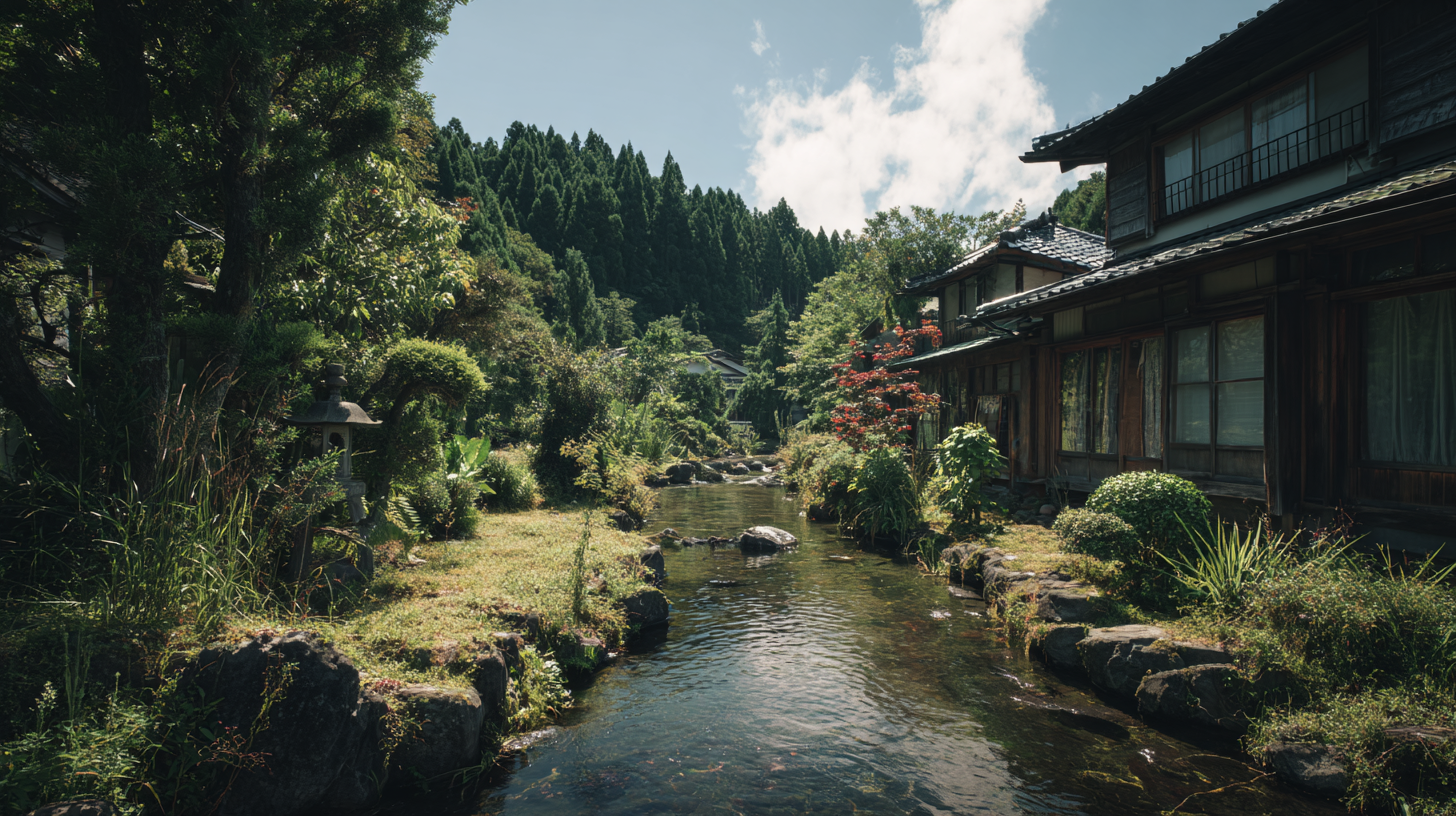
Major urban centers host thrilling festivals—such as Tokyo’s Koenji Awa Odori and Osaka’s Shitennōji Temple events—but I’ve found that crowds can detract from the serene atmosphere that makes Obon so special. Instead, I always look for smaller onsen towns or rural prefectures where you can enjoy local dance ceremonies without elbow-to-elbow traffic. Doing so has led me to discover hidden communities with their own Bon Odori traditions.
For instance, last year I learned about Tottori and Shimane Prefectures, which are often overlooked. A recent study suggests that travel to these quieter areas increased by only about 10% during the peak summer period, compared to 30–40% rises in more famous regions. That smaller tourist footprint makes a huge difference in finding open award seats and quiet lodgings. Booking a remote ryokan also lets you take advantage of onsen culture, where you can relax in mineral-rich waters and soak in centuries-old customs.
Don’t hesitate to split your time between big cities and the countryside. I’ve found that a combination of tranquil mountain retreats and city sightseeing makes for a more balanced itinerary. You’ll appreciate the hustle and bustle of the urban Obon celebrations even more when you know you can escape to a calm mountain onsen afterward.
Strategize Your Award Bookings
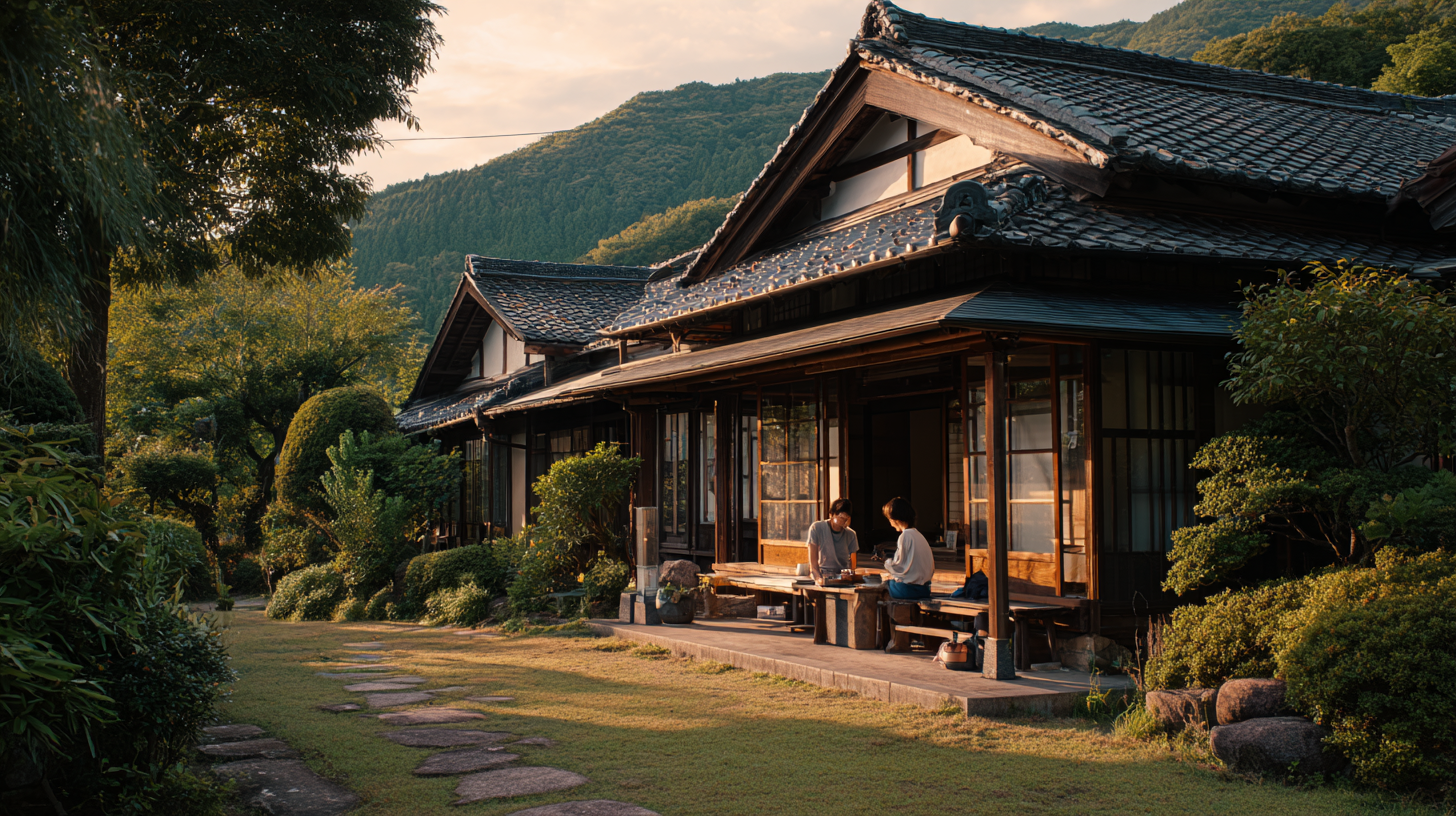
Award blackouts can seem daunting, but it often comes down to timing and flexibility. I’ve had success using alliances like oneworld for Japan Airlines or Star Alliance for ANA to search for hidden availability into regional airports—think smaller hubs like Takamatsu or Matsuyama, where competition for award seats is less fierce. By swinging through these lesser-used airports, I’ve still been able to reach Tokyo or Osaka with a simple domestic connection.
According to industry data, major carriers tend to release award inventory sporadically. Set up fare trackers or email notifications for different departure dates, especially around late July and early August. If you’re traveling from North America, flying midweek can open up more potential seats. And if you can be flexible with your travel window—arriving just before the Obon rush or leaving right after—you may find an unexpected sweet spot.
It’s also worth checking if your credit card’s travel portal offers any promotions or deals during this period. Some providers have been known to waive certain blackout dates for cardmembers. Keep an eye on partner airlines and lesser-known alliances that might not be visible on standard search engines. That extra digging could uncover prime flights that most people miss.
Embrace the Spirit of Obon
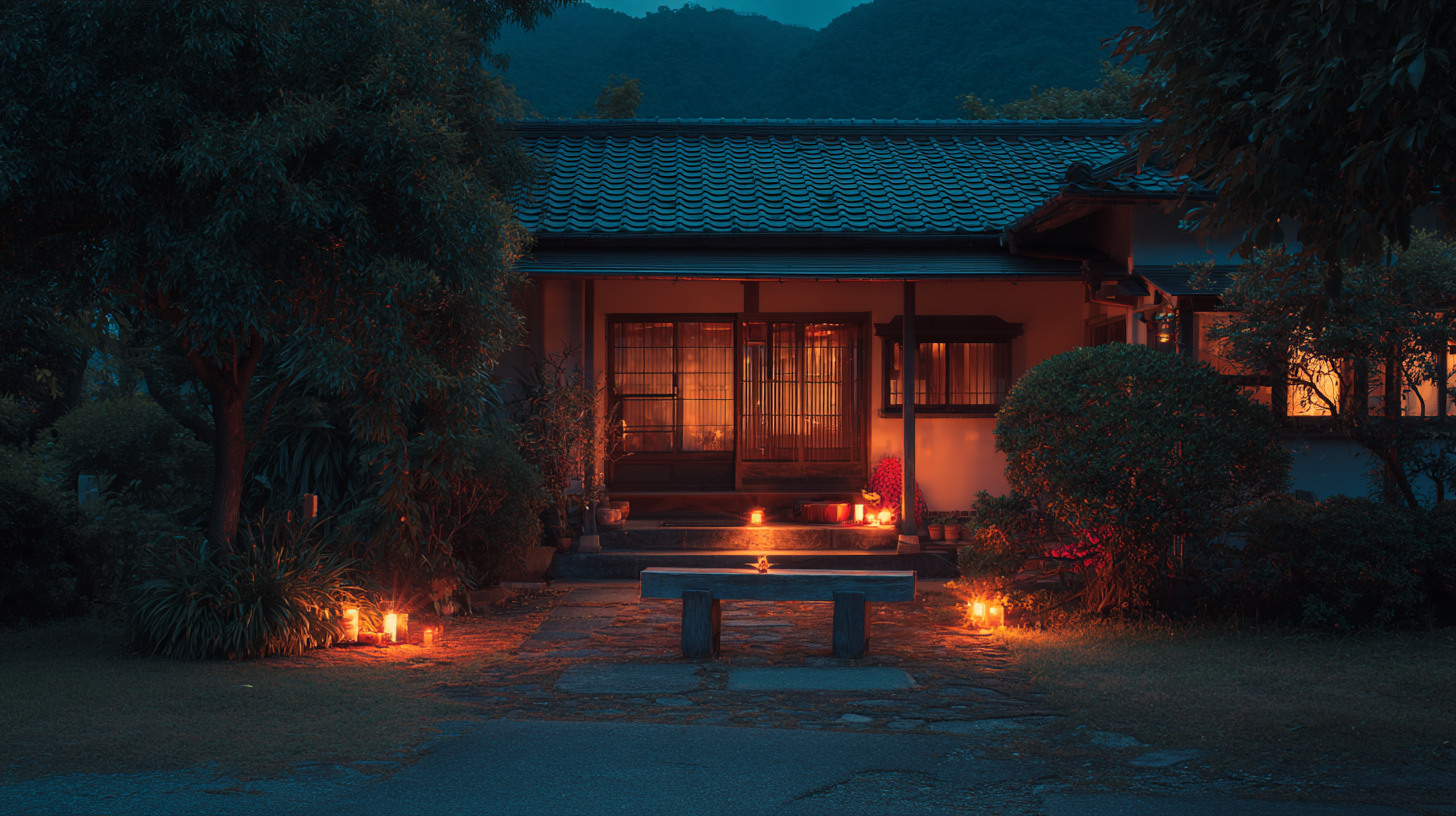
Beyond the logistics, Obon remains an extraordinary cultural experience. Lantern ceremonies illuminate temples and neighborhoods, honoring departed loved ones and guiding their spirits home. This poignant combination of solemn remembrance and joyful gatherings is one of the reasons I return to Obon celebrations (virtually, in many cases) year after year.
If you plan on visiting the major venues, keep your camera ready for vibrant dance processions. Tokyo’s Shinjuku Eisa Festival on July 29 and Tsukiji Hongwanji Bon Odori from August 2–5, for example, attract thousands of performers and spectators. While the crowds can get intense, these events showcase the musical and dance traditions that make Obon unforgettable.
And yes, prepare for summer heat and humidity. Pack breathable clothing, stay hydrated, and regularly check the local forecast. I recommend picking up a handheld fan—you’ll see locals using them everywhere. If a sudden rainstorm hits mid-festival, think of it as part of the adventure.
Consider Global Obon Alternatives
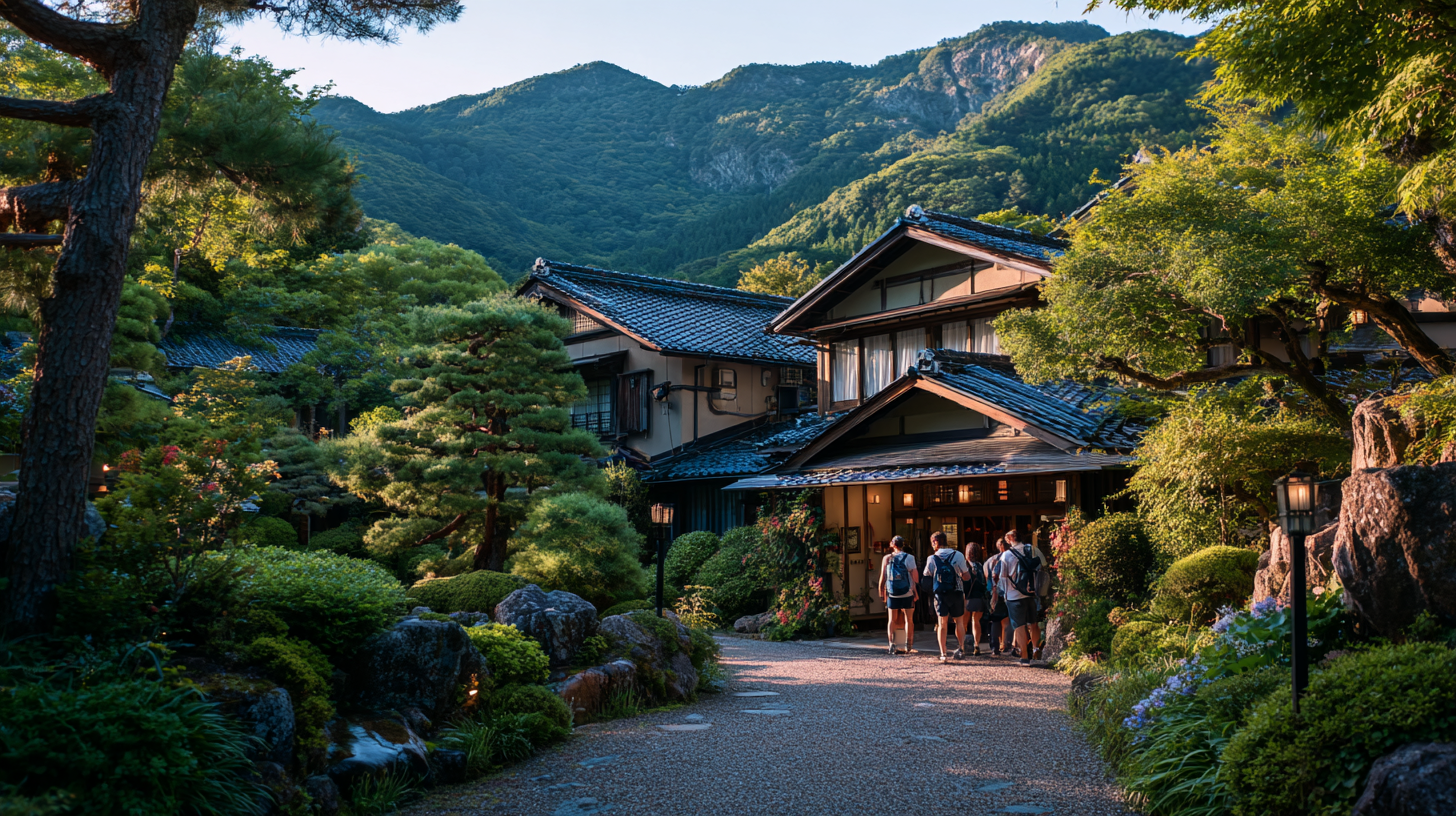
On the international front, I’ve discovered that you can get a taste of Obon culture in the United States. Places like Southern California and Las Vegas host celebrations between June and mid-August, featuring taiko drumming, martial arts exhibitions, and local vendors. These festivals might not match the scale of Japan’s gatherings, but they’re perfect if your schedule or budget doesn’t allow a flight across the Pacific.
For example, according to community organizers, the Nishi Obon Festival in Los Angeles will take place on Sunday, July 13, 2025, from 12–6 p.m., with Bon Odori dancing in the afternoon. Such events can give you a sense of the spiritual aspect of Obon alongside diverse cultural activities. I’ve found these gatherings to be a welcoming environment, full of people eager to share and learn about the tradition.
Keep an eye on local cultural centers, temple websites, and community newsletters for updated schedules. You could even use these regional Obon festivals as a warm-up for a future trip to Japan, experiencing the dancing and drumming in a more casual setting first before diving into the real thing on Japanese soil.
Final Thoughts
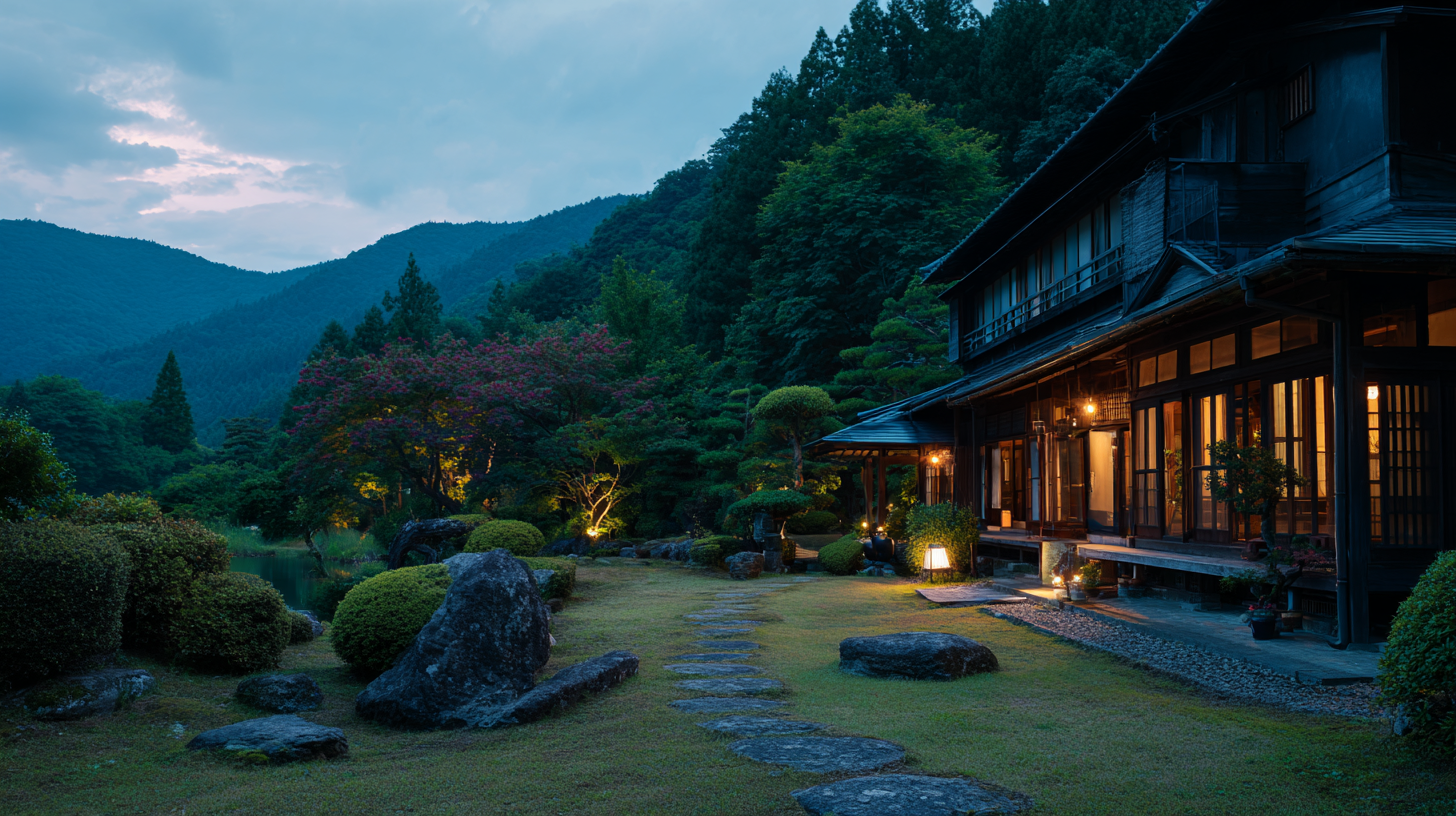
Obon 2025 is shaping up to be an energetic and culturally rich period in Japan, but navigating the holiday rush requires practical strategies and nuanced planning. I’ve learned that looking to rural areas, booking flights through alternative hubs, and staying flexible with travel dates often make a world of difference when peak season hits.
Whether you’re a seasoned Japan traveler or exploring the culture for the first time, keep in mind that Obon’s heart lies in honoring ancestors. That genuine spirit is accessible anywhere, from a bustling city center to a peaceful countryside shrine. If you’re well-prepared, you can experience the solemn and the spectacular in equal measure.
Anticipate the crowds, respect local customs, and remember that unexpected detours—like a hidden hot spring or a lesser-known festival—can become the highlight of your trip. The key is to keep your eyes open, your plans adaptable, and your spirit ready for celebration.
Sky Skylar’s Take
In countless hours of scouring travel blogs, I’ve observed that Obon offers more than just a festive atmosphere; it’s a lesson in connecting with traditions that transcend modern hustle. Even if you’re half a world away, the kindness and warmth of this season can reach you just by reading about it.
Personally, I’m always on the lookout for ways to enrich the journey—be it through more intimate regional airports or by discovering small-town festivals that remind me how deeply rooted these customs are. That’s what Obon is about: paying homage to the past while embracing the present.
For further travel insights and the latest industry updates, check out BoardingArea.







